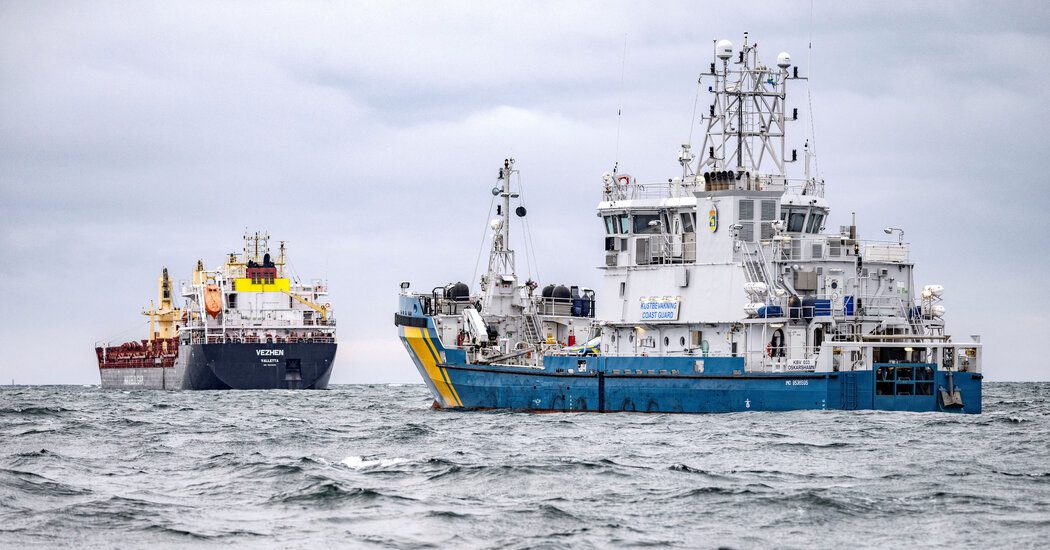

The European Union has committed to enhancing security measures in the Baltic Sea following reports from Swedish authorities about a recent cable disruption, marking yet another incident involving damage to underwater infrastructure in the area.
In response, the European Commission, the executive body of the EU, announced plans to implement new strategies aimed at preventing and detecting threats to submarine cables that play a crucial role in internet connectivity and electricity transmission.
The recent incidents of severed undersea cables have sparked fears that Russia may be retaliating against NATO member states that have shown support for Ukraine. Although NATO officials have hinted at Russian involvement, they acknowledge the challenges in substantiating these claims.
Henna Virkkunen, an EU official, emphasized the need for Europe to be adequately equipped to deter and address any potential sabotage aimed at critical infrastructure. She noted that the recent incidents are of significant concern and highlighted the EU’s resolve to take decisive measures to safeguard these essential cables.
The newly announced measures, set to be rolled out over the next two years, aim to further strengthen security and threat detection in the Baltic region. They will prioritize funding for new cable projects and reinforce sanctions and diplomatic actions against entities deemed hostile, including those referred to as the “shadow fleet.”
NATO is also stepping up its military presence in the Baltic Sea with the introduction of a new initiative, named Baltic Sentry, focused on the protection of the region’s crucial infrastructure.








